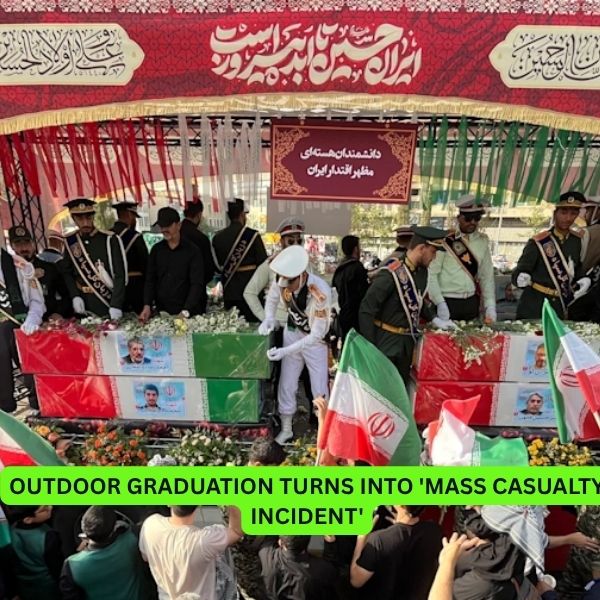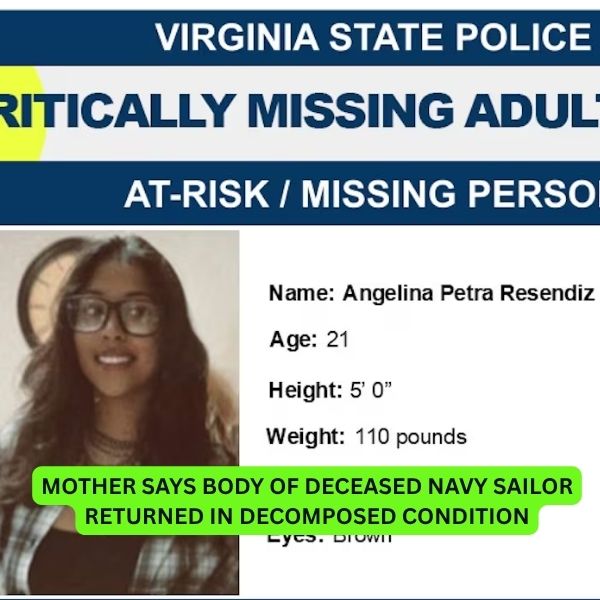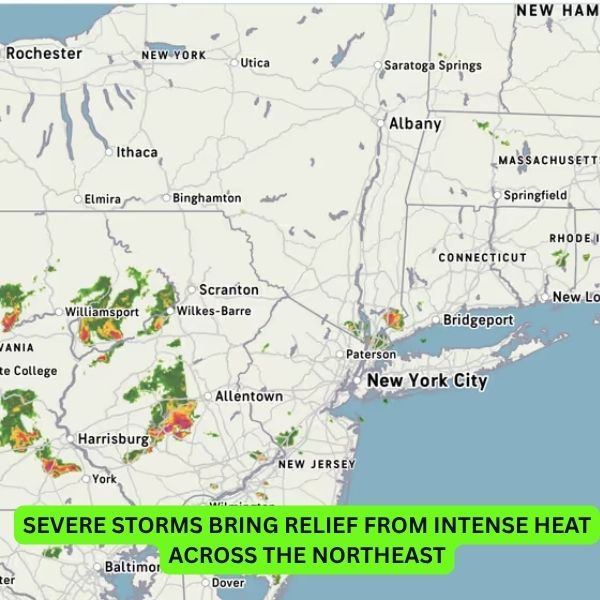What was meant to be a day of celebration turned into a health emergency in Paterson, New Jersey, after over 150 people fell ill during two high school graduation ceremonies held outdoors in sweltering heat.
On Monday, a brutal heat wave—part of a larger “heat dome” affecting much of the Northeast and Midwest—sent temperatures soaring, with the heat index in Paterson approaching 110 degrees. The extreme conditions led Paterson Fire Chief to declare the situation a “mass casualty incident.”
The first ceremony in the morning saw around 50 people collapse from heat-related illnesses, prompting a large emergency response. Despite the alarming start, the second ceremony went on as scheduled in the afternoon, where another 100 attendees became ill. At least nine people were hospitalized.
Mayor André Sayegh responded by declaring a state of emergency and canceling all recreational activities in the city. “It was exhausting. I couldn’t breathe, like my chest hurts,” said Rosa Parks High School graduate Ciarra Bailey. Another attendee described seeing people fainting all around them.
The incident underscores the growing danger of extreme heat, especially as climate change continues to fuel more intense weather events. According to CBS News, excessive heat has become the deadliest form of extreme weather in the U.S., killing more people annually than hurricanes, tornadoes, or lightning.
Experts warn that today’s climate models may even be underestimating how strongly global warming is linked to persistent heat waves. As temperatures rise, even young and otherwise healthy individuals are at serious risk.
In response, local governments across the East Coast have begun opening cooling centers to offer relief to residents without air conditioning. But with the hottest months of the summer still ahead, officials are urging the public to take precautions—stay hydrated, avoid strenuous activity, and seek shelter during peak heat hours.
The Paterson graduation incident serves as a stark reminder: as climate extremes become more common, public events must adapt to ensure safety in a rapidly changing environment.













Leave a Reply